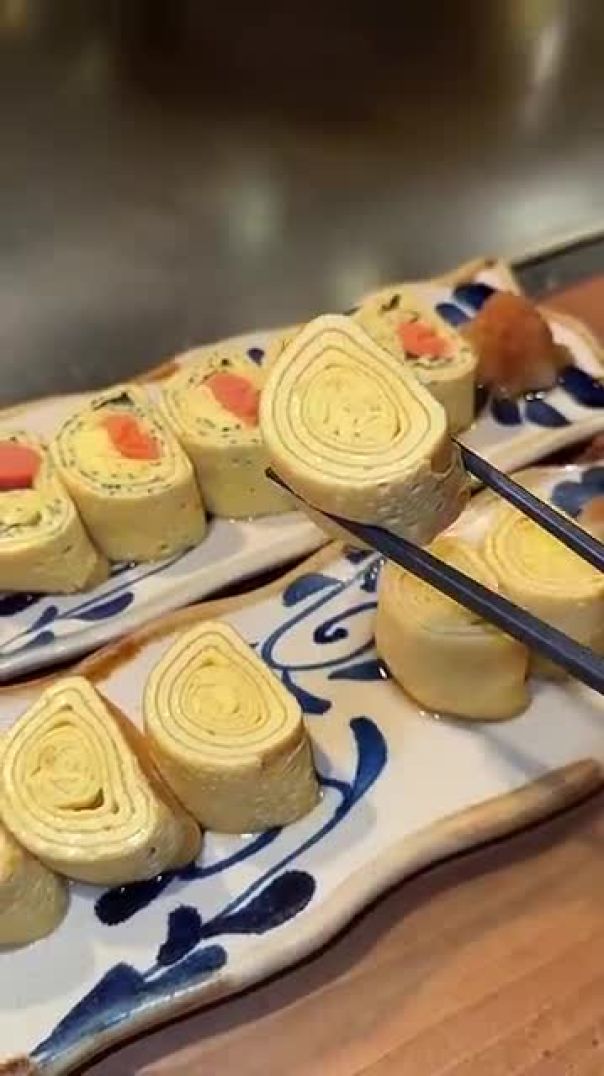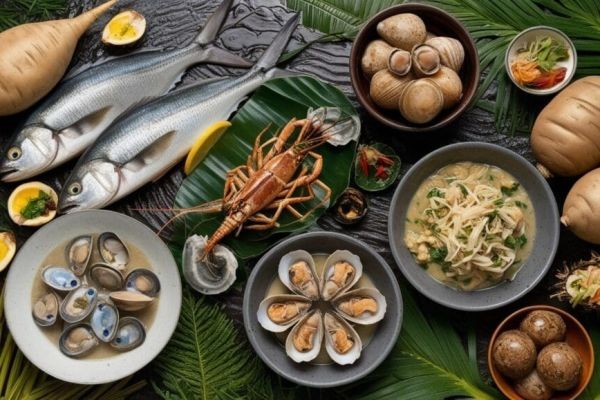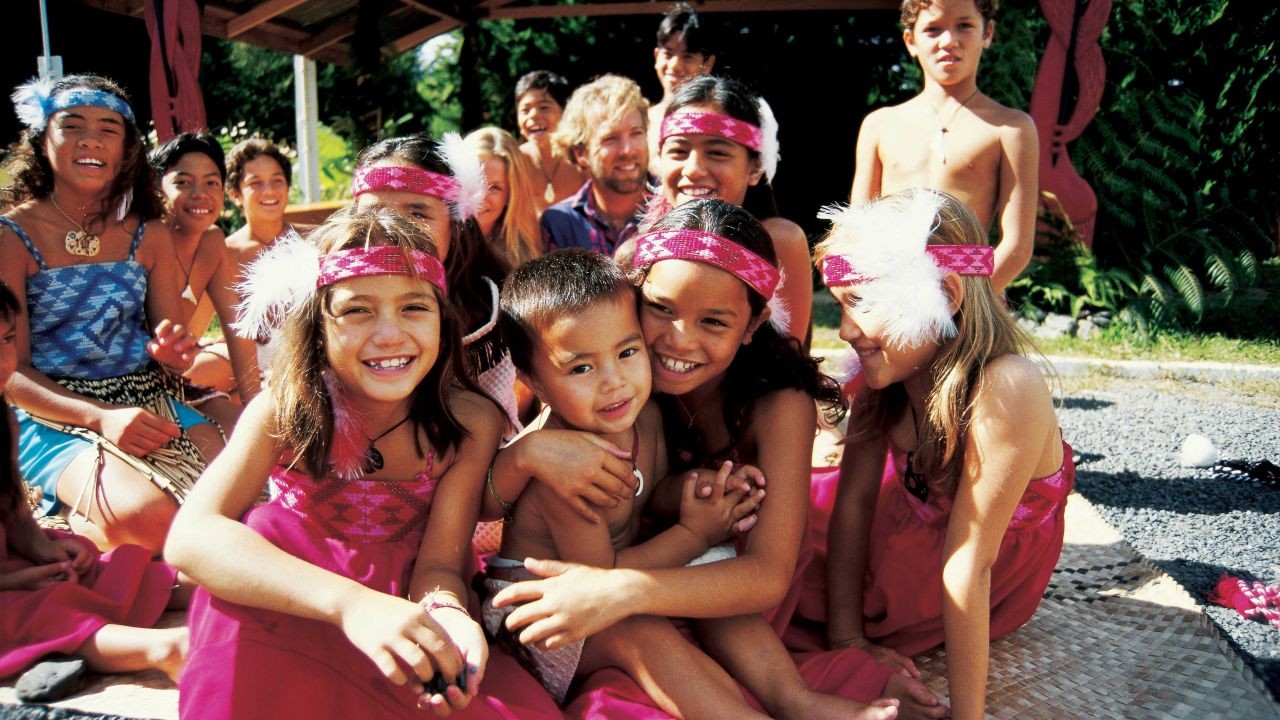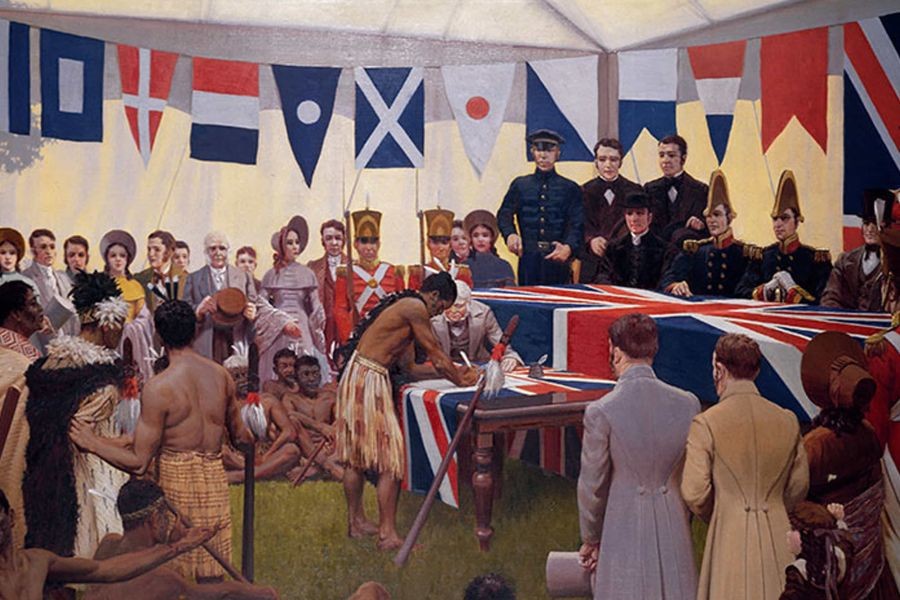In recent years, Māori cuisine has emerged as a significant force in New Zealand's culinary landscape, showcasing the rich cultural heritage and traditional practices of the indigenous Māori people. This evolution is not just about food; it represents a broader cultural renaissance that resonates deeply with Kiwis, offering a unique blend of history, identity, and community. As New Zealanders seek to embrace and celebrate their indigenous roots, understanding the rise of Māori cuisine becomes increasingly important.
Historical Context: The Roots of Māori Cuisine
Māori cuisine is intrinsically linked to the land and the sea, with traditional practices rooted in sustainability and respect for nature. Historically, Māori people relied on a diet that included native plants, seafood, and game, using innovative techniques such as hāngi (earth oven cooking) and fermentation. These methods not only preserved food but also enhanced its flavors, creating dishes that are both unique and deeply connected to New Zealand's natural environment.
Modern Revival: Māori Cuisine in Contemporary New Zealand
Today, Māori cuisine is experiencing a renaissance, with chefs and restauranteurs increasingly incorporating traditional ingredients and methods into modern culinary practices. This revival is partly driven by a growing appreciation for indigenous foods and the stories they tell. Restaurants across New Zealand, from Auckland to Wellington, are now featuring Māori-inspired dishes, blending ancient techniques with contemporary flair.
- Restaurants like Hiakai in Wellington are pioneering innovative approaches to Māori cuisine.
- Chefs are incorporating native ingredients such as kawakawa, horopito, and kūmara into their menus.
- The use of hāngi cooking is gaining popularity in urban settings, bringing traditional flavors to the city.
Real-World Examples: Māori Cuisine in Action
Hiakai: Redefining Indigenous Dining
Hiakai, a Wellington-based restaurant founded by Māori chef Monique Fiso, is at the forefront of the Māori culinary movement. Fiso's innovative approach combines traditional Māori ingredients with modern techniques, creating dishes that are both visually stunning and culturally significant. Hiakai has received international acclaim, showcasing the potential of Māori cuisine on a global stage.
The Māori Kitchen: Bringing Tradition to the Streets
In Auckland, The Māori Kitchen offers a different approach, bringing traditional hāngi cooking to the urban environment. Founded by Rewi Spraggon, this venture focuses on serving authentic Māori flavors in a casual, accessible setting. By utilizing food trucks and market stalls, The Māori Kitchen introduces both locals and tourists to the rich tastes of Māori cuisine.
Matariki: A Celebration of Māori Culture and Cuisine
Matariki, the Māori New Year, has become a significant cultural event, celebrated with traditional foods and communal feasting. During this time, communities across New Zealand come together to enjoy Māori dishes, such as rewena (potato bread) and kai moana (seafood), emphasizing the importance of food in cultural traditions and community bonding.
Local Food Tourism: Māori Cuisine as a Cultural Experience
Māori cuisine is also playing a crucial role in New Zealand's tourism industry. Culinary tours that focus on indigenous foods are gaining popularity, offering visitors a unique cultural experience. These tours not only highlight Māori dishes but also educate participants about the cultural significance and history behind them.
Data and Insights: The Impact of Māori Cuisine
According to a report by the New Zealand Ministry of Business, Innovation and Employment, food tourism is a growing sector, with Māori cuisine contributing significantly to this trend. In 2021, it was estimated that Māori tourism, including culinary experiences, generated approximately NZD 1.4 billion in revenue.
Furthermore, a 2022 survey by Tourism New Zealand indicated that 65% of international visitors expressed interest in trying indigenous foods, demonstrating the appeal of Māori cuisine to global travelers. This interest is reflected in the rising number of restaurants and eateries offering Māori-inspired menus.
Expert Opinions: The Future of Māori Cuisine
Renowned culinary historian, Professor Helen Leach, notes, "Māori cuisine offers a unique opportunity to explore the rich tapestry of New Zealand's cultural heritage. As interest in indigenous foods grows, so does the opportunity to educate and engage both locals and visitors in the stories behind these dishes."
Similarly, celebrated chef Peter Gordon highlights the potential of Māori cuisine in fostering cultural understanding: "By embracing Māori culinary traditions, we not only preserve an essential part of our heritage but also promote a deeper appreciation for the diversity and richness of New Zealand's food culture."
Embracing Māori Cuisine in New Zealand
The rise of Māori cuisine in New Zealand's culinary scene is more than just a trend; it is a celebration of identity, culture, and community. As New Zealand continues to embrace its indigenous roots, Māori cuisine will undoubtedly play a pivotal role in shaping the nation's culinary landscape. By supporting Māori chefs, restaurants, and food initiatives, Kiwis can contribute to a broader cultural appreciation and ensure that these rich traditions are passed down to future generations.
For those looking to delve deeper into Māori cuisine, consider exploring local Māori food festivals, dining at indigenous-focused restaurants, or even trying your hand at traditional recipes. By doing so, you'll not only enjoy unique flavors but also gain a deeper understanding of the cultural significance behind each dish.
References
- Ministry of Business, Innovation and Employment. (2021). Māori Tourism in New Zealand.
- Tourism New Zealand. (2022). International Visitor Survey.
- Hiakai Restaurant. (n.d.). Retrieved from https://hiakai.co.nz/
- The Māori Kitchen. (n.d.). Retrieved from https://www.themaorikitchen.co.nz/





































DianaWren2
7 months ago